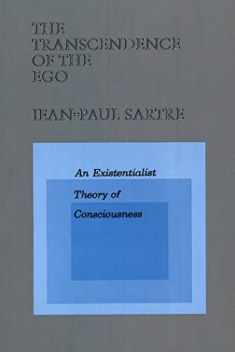
Ressentiment (Marquette Studies in Philosophy)
Book details
Summary
Description
TABLE OF CONTENTS: Introduction -- 1.) Prefatory Remarks -- 2.) On the Phenomenology and Sociology of Ressentiment -- 3.) Ressentiment and Moral Value Judgment -- 4.) Christian Morality and Ressentiment -- 5.) Ressentiment and Modern Humanitarian Love -- 6.) Ressentiment and Other Value Shifts in Modern Morality.. . . . . . . . . This monograph constitutes a response to the criticisms of Christianity outlined in Nietzsche's GENEOLOGY OF MORALS, in which Nietzsche argues that Christianity is a 'slave revolt' of the weak--an attempt by the impotent to bring down the vitality of the capable nobility. Scheler's response is multi-faceted but centers on Nietzsche's failure to understand the nature of Christian love. Christianity is not a destructive enterprise trying to bring everyone down to the same low level of its impotent faithful, who must put their trust in the next world because they can get nowhere in this one. Rather, it attempts constructively to bring everyone up to a new level of human flourishing. Christianity's preoccupation with the poor, weak, and marginalized stems from a recognition, through divine love, of the miracle of God's creation and infinite possibilities present even in them.


We would LOVE it if you could help us and other readers by reviewing the book
Book review





